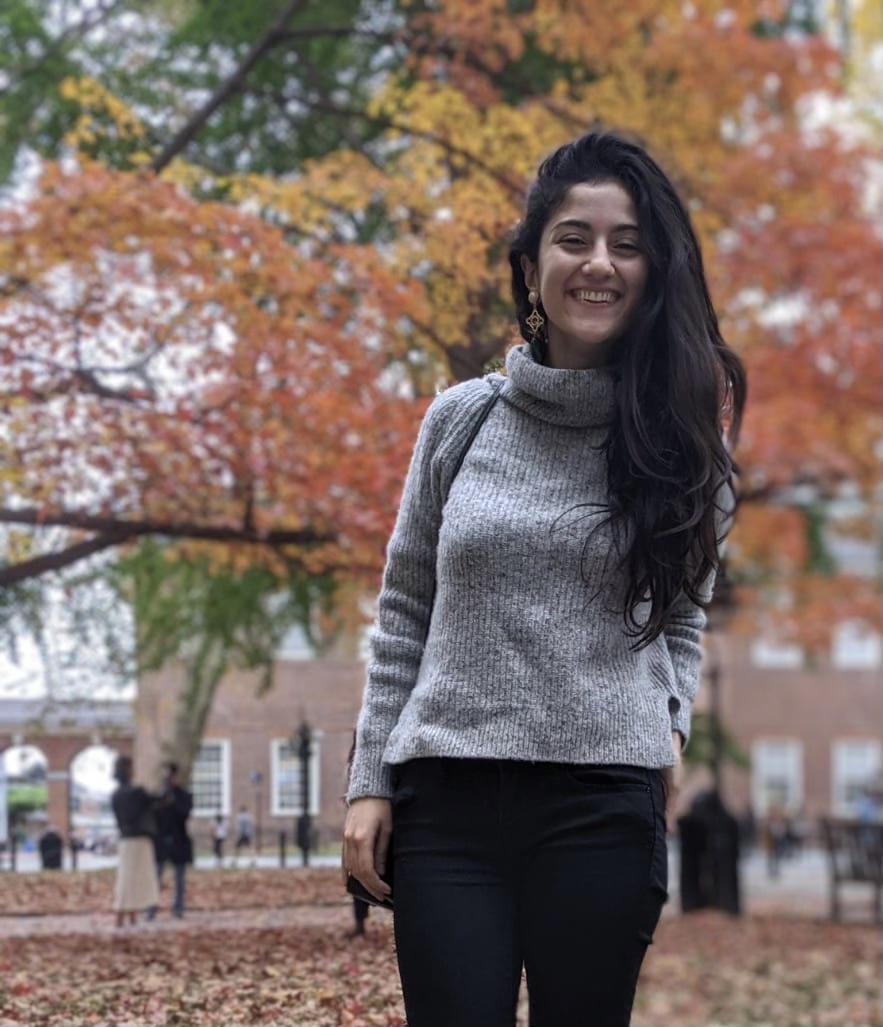
Angelica Modabber is a PhD candidate in the Department of Italian and the Institute for Comparative Literature and Society at Columbia University. She works on religion and the history of science and technology in 17th-century Italy. Her dissertation, titled Holy Calculus: Early Modern Mathematics and Religion in Guarino Guarini’s Works and Writings, focuses on astronomy and the theological implications of precalculus in Guarini’s ecclesiastical architecture. Angelica has forthcoming publications with subjects that range from the relationship between baroque sculpture and early modern androids to the introduction of Jesuit architecture in China. She currently serves as a writer for Synapsis, a medical humanities journal, where she writes about the representation of medicine in Machiavelli’s plays and the medical illustrations in early modern textbooks. She has taught the Medical Humanities section of University Writing and Elementary Italian.
Angelica received a grant from the Institute of Religion, Culture, and Public Life to curate a photography exhibit that showcases the impacts of the Anthropocene and climate change on Iran by zooming in on the culture of African-Balochi communities residing in Baluchistan and the southern Iranian coast. She argues that by documenting the rituals of these diasporic communities, especially where women feature prominently during the ceremonies, these photographs potentially convey non-anthropogenic spiritual models toward nature. Angelica received her BA in English from Barnard College and has previously interned at the Metropolitan Museum and the Peggy Guggenheim Collection.


